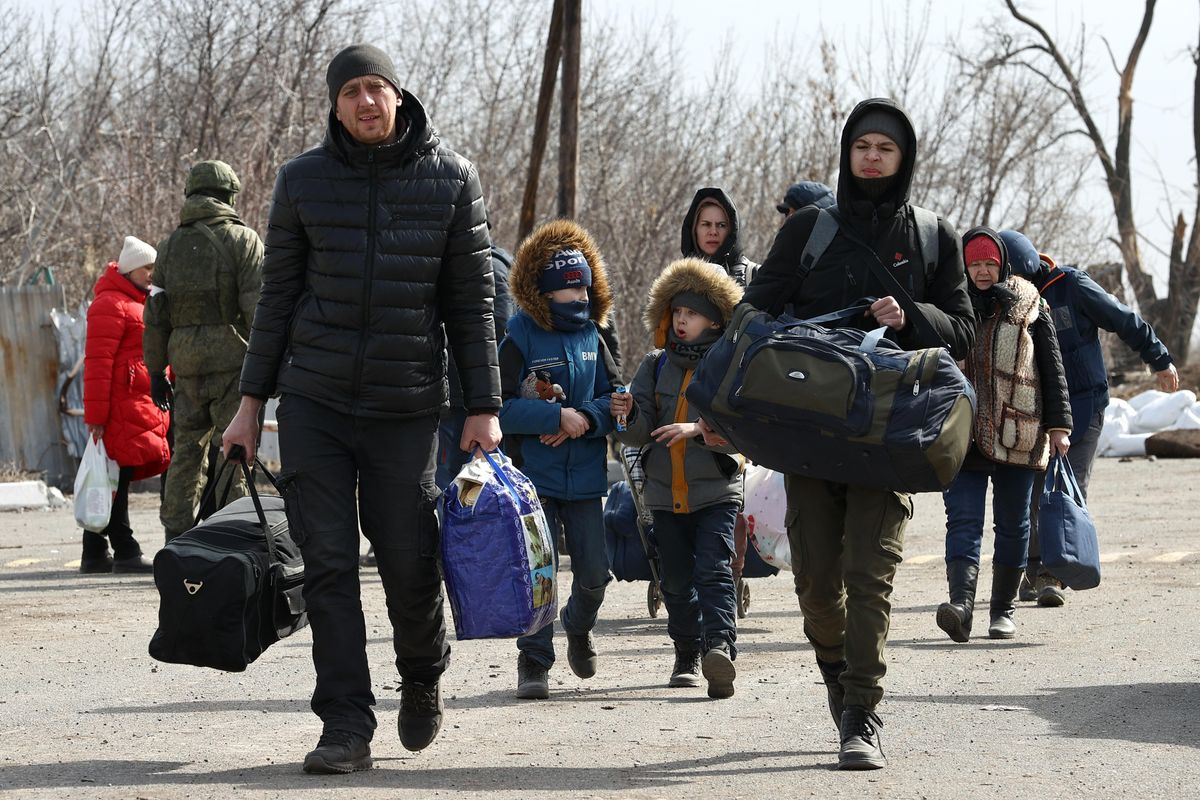Connecting Russia’s bloody dots in Ukraine
For now, the very worst Ukraine war-related horrors the outside world is hearing about are coming from Mariupol, a port city of 430,000 on the Sea of Azov that has the misfortune to lie between the Russian-controlled territories of the Donbas in Ukraine’s east and Crimea on its southern Black Sea coast. The Russian military is determined to connect the two regions at the expense of all trapped in their path. For now, Mariupol is the one major Ukrainian city where Russian soldiers have entered in large numbers and where deadly firefights empty city streets.
For the past several days, reports from Mariupol have become increasingly dire. Electricity and heat have been down for weeks. Drinking water now comes from melting snow, and some reports say that stray dogs sometimes serve as food. Now come allegations from Mariupol’s city council that Russians have forced “several thousand Mariupol residents” into so-called filtration camps, enclosures where their documents and phones are checked and confiscated. Some prisoners, presumably those with anti-Russian content on their devices, are then transported to remote cities inside Russia, beyond contact with family and friends.
The destruction of much of Mariupol, Russia’s refusal to allow a humanitarian corridor to help civilians escape harm, and these latest allegations of abductions of civilians make clear that Russian soldiers can no longer believe they are “liberating” their Slavic brothers and sisters from a small cabal of US and NATO-backed Nazis in Kyiv. The plan, in Mariupol as elsewhere, is to punish Ukrainians for their resistance and to force their surrender to Russian occupation.
Egypt fixes bread prices
Fearing social unrest as food prices soar, Egypt’s government has set fixed prices for unsubsidized bread. Russia and Ukraine together account for about 30% of global wheat exports, but most of those bushels have vanished from the market as a result of the conflict, driving prices to record highs. That’s left Egypt, the world’s largest importer of wheat, in a precarious position. Reports say bread prices have shot up as much as 25%. Historically, rising bread prices have triggered unrest about underlying grievances in Egypt. According to Eurasia Group analyst Ahmed Morsy, the country now faces a perfect storm of challenges: energy bills are soaring, food prices are rising, and a major source of economic activity and employment is taking a hit as Russian tourists cancel Egyptian holiday plans. But it’s not just Egypt: across the Middle East, South Asia, and Southeast Asia, countries that depend on wheat and cooking oils produced in Russia and Ukraine are facing a potentially severe food crisis in the coming weeks.








